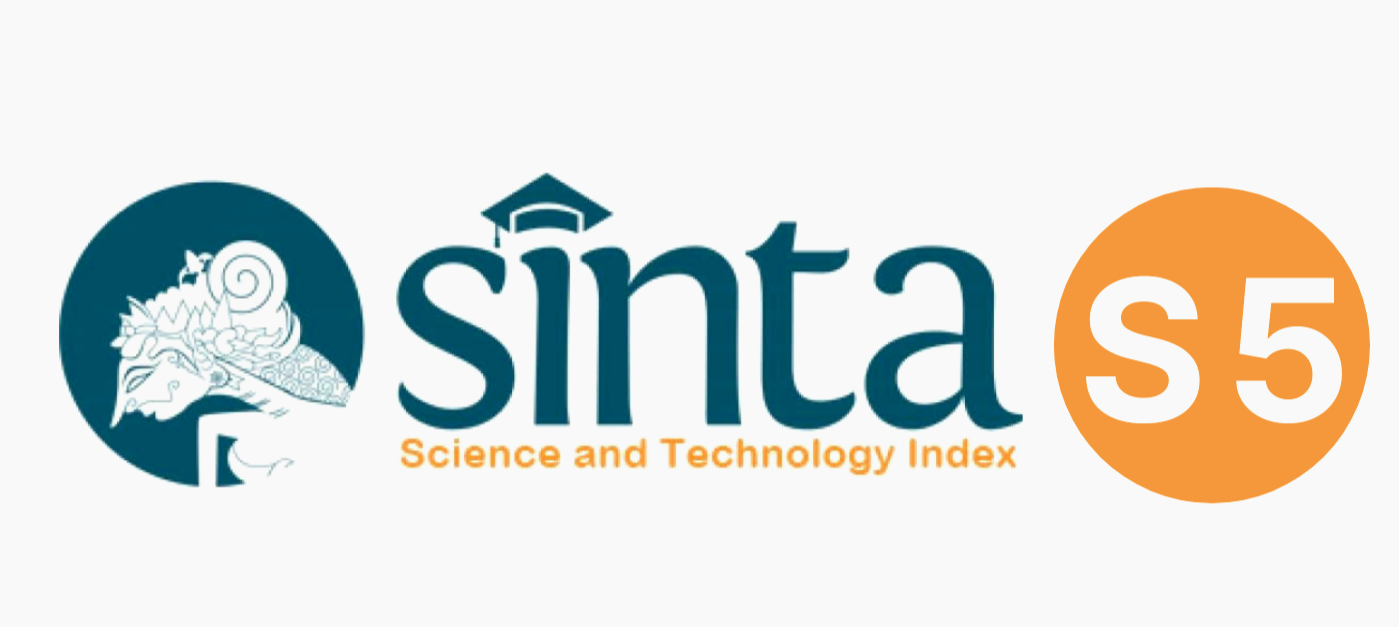TRADISI BELE KAMPONG PADA MASYARAKAT DESA MENTUDU, KEPULAUAN LINGGA
 Abstract: 222
/
Abstract: 222
/  Abstract: 113
Abstract: 113
DOI:
https://doi.org/10.47753/je.v8i2.136Keywords:
Bele Kampong, Tradition, MentudaAbstract
One of the rich and significant cultural practices in the life of the Mentuda Village community is Bele Kampong. The Mentuda people perceive Bele Kampong as a symbol of gratitude, unity, and happiness. The tradition of Bele Kampong holds a profound meaning for the people of Mentuda Village, connecting them to their cultural roots and embodying the values of togetherness, mutual cooperation, and strengthening their relationship with nature. However, this tradition is faced with challenges from modernization and globalization, which can bring about significant changes in social patterns, values, and ways of life within the community. This research aims to deeply understand the social, cultural, and values aspects embedded in the Bele Kampong tradition. Through interviews with traditional elders in Mentuda Village, the researchers explored the community's perceptions and experiences related to this tradition. The research results highlight that the Bele Kampong tradition plays a crucial role in preserving cultural identity, building socio-ecological relationships, and carrying on ancestral heritage. The Mentuda Village community realizes the importance of prudent adaptation without losing the essence of this tradition. Therefore, recommendations for preserving and revitalizing the Bele Kampong tradition include a holistic approach that integrates traditional values with modern elements, as well as educating and raising awareness among the community about the importance of preserving this tradition. This research provides a significant contribution to the efforts to preserve, respect, and strengthen the Bele Kampong tradition as an integral part of the Mentuda Village community's identity, bringing positive impacts on cultural sustainability and social harmony in the future.References
Al Imran, Sri Wahyuni, R. S. (2022). Tradisi Pasang Bagan (Kelong) di Desa Laboh Kecamatan Senayang Kabupaten Lingga. UIN SGD, 1(3), 19.
Astuti, S. I. P. (2021). NILAI KEARIFAN LOKAL FOLKLORE PADA MASYARAKAT KABUPATEN LINGGA. Pendidikan Bahasa Dan Sastra, 21(1), 10. https://doi.org/https://doi.org/10.17509/bs_jpbsp.v21i1.36668
Austin, R. D. (2009). Navajo courts and Navajo common law: A tradition of tribal self-governance. Minesota Press. https://www.upress.umn.edu/book-division/books/navajo-courts-and-navajo-common-law
Bronner, S. J. (2000). The Meaning of Tradition: An Introduction. Western Folklore. JStor, 59(2), 18. https://doi.org/https://doi.org/10.2307/1500154
Bruns, G. L. (1991). What is tradition. JStor, 22(1), 21. https://doi.org/https://doi.org/10.2307/469141
Dadah, C. (2019). POSISI KEARIFAN LOKAL DALAM PEMAHAMAN KEAGAMAAN ISLAM PLURALIS. Studi Agama-Agama Dan Lintas Budaya, 3(2), 27. journal.uinsgd.ac.id/index.php/Religious
Elly Kismini, Didi Pramono, Asma Luthfi, Siti Khuzaimah, Rochayani, N. R. C. (2021). Internalization of Cultural Preservation Values Through Traditional Arts in School-Age Children. Atlantis Press, 578, 3. https://doi.org/10.2991/assehr.k.210918.016
Henry Glassie. (1995). Tradition. The Journal of American Folklore. Jstor, 108(430), 18. https://doi.org/https://doi.org/10.2307/541653
Jacqueline Heinen, A. M.-K. (1995). Abortion in Poland: A vicious circle or a good use of rhetoric: A sociological study of the political discourse of abortion in Poland. Science Direct, 18(1). https://doi.org/https://doi.org/10.1016/0277-5395(94)00077-8
Larissa Becker, E. J. (2020). Customer experience: fundamental premises and implications for research. 19. https://doi.org/https://doi.org/10.1007/s11747-019-00718-x
Niko, N. (2019). Diversity Development: Studies from Local Wisdom of Dayak in the Border Community of Indonesia-Malaysia. Empirika, 4(2), 9. http://journalempirika.fisip.unsri.ac.id/index.php/empirika/article/view/81/pdf
Redfield, R. (2011). The social organization of tradition. The Journal of Asian Studies, 15(1). https://doi.org/https://doi.org/10.2307/2942099
Restu Aditiya, S. T. (2015). Tradisi Mandi Safar Desa Sungai Buluh Kecamatan Singkep Barat Kabupaten Lingga Provinsi Kepulauan Riau. JOm UNRI, 2(2), 15. https://jom.unri.ac.id/index.php/JOMFSIP/article/view/7397
Sumarni, Y. (2018). THE TRADITION OF BELE KAMPUNG IN TANJUNG HAMLET SEKODI VILLAGE, BENGKALIS DISTRICT, BENGKALIS REGENCY. Online Mahasiswa, 5(2), 15. https://jom.unri.ac.id/index.php/JOMFSIP/article/view/22521
Weinberg, H. (2023). The culture of the group and groups from different cultures. Group Analysis. Sagepub, 36(2). https://journals.sagepub.com/doi/10.1177/0533316403036002011
Williams, L. (2004). Culture and community development: Towards new conceptualizations and pratice. Community Development Journal. Community Development, 39(4). https://doi.org/https://doi.org/10.1093/cdj/bsh031
Winarsih, N. (2023). Tradisi Rewang: Potret Eksistensi Perempuan Jawa di Era Modernitas. Biokultur. Biokultur, 12(1), 16. https://e-journal.unair.ac.id/BIOKULTUR
Wira Sugiarto, Prayugo, E. (2020). TRADISI BELE KAMPUNG STUDI KASUS PAMBANG PESISIR. EDUKASI Bimbingan Konseling, 6(1), 28. https://jurnal.ar-raniry.ac.id/index.php/cobaBK/articl
Downloads
Published
Issue
Section
License
Articles published in Jurnal Empirika are licensed under the International License of Creative Commons Allowance-ShareAlike 4.0. The author is free to use any media to copy, change, or redistribute the paper, provided the author gives credit to the original author and this journal, links to the license, shows if modifications have been made, and redistributes it in the same permission. The author grants the right to any third party to use their posts following the Creative Commons Attribution-Share Alike International 4.0.












